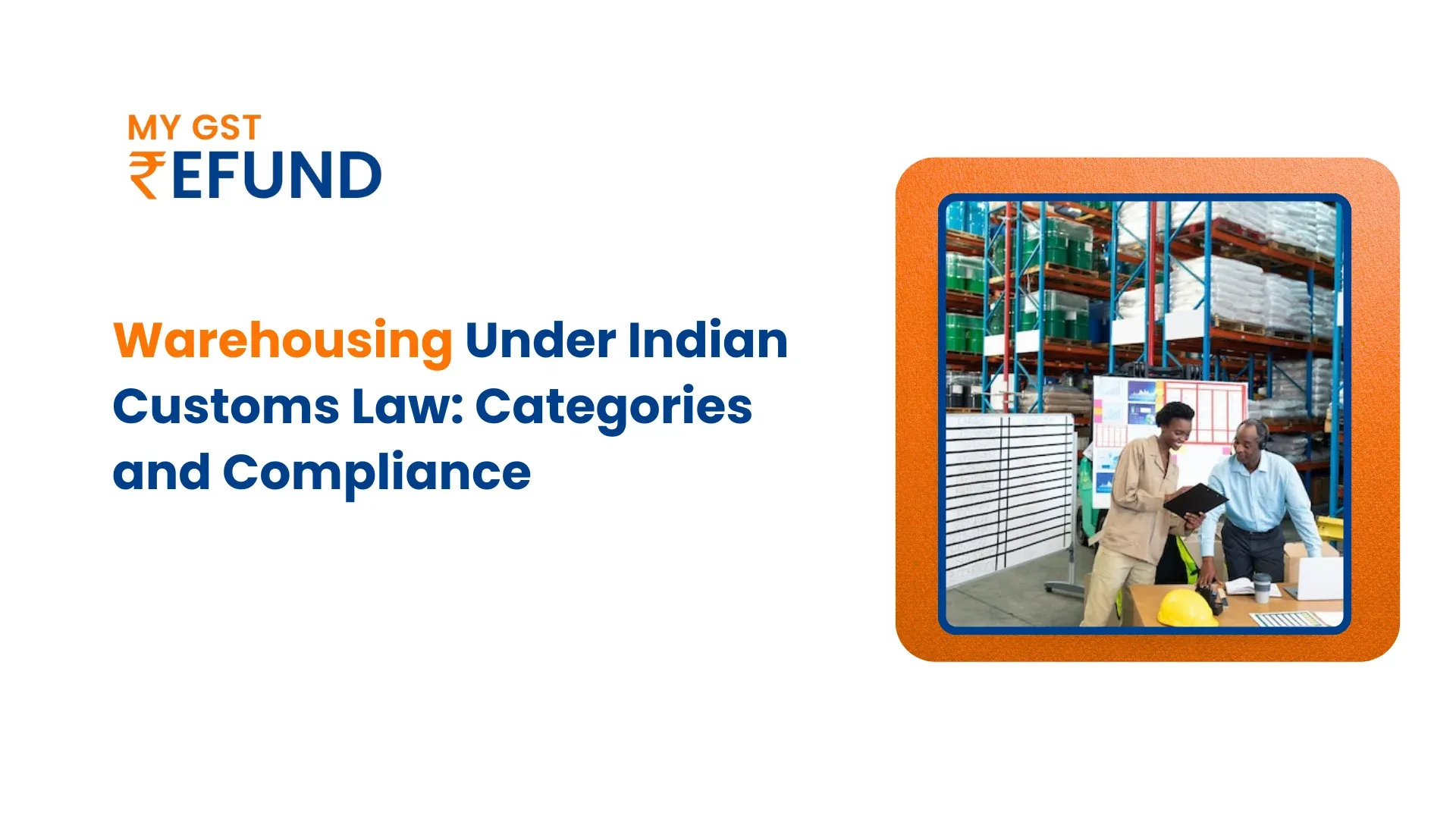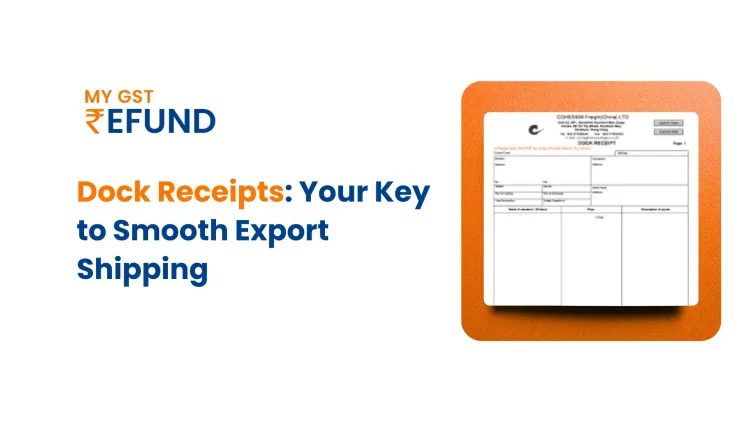Warehousing Under Indian Customs Law Types & Compliance Guide
According to Indian customs laws, warehousing is the place of keeping imported goods in storage before they are ready for export or domestic usage. It is the legal framework for the storage of goods in the Public, private, and special warehouses authorised by the Customs Act of 1962 and the Customs Warehouse (Custody and Handling of Goods) Regulations of 2016. In order to guarantee that customs duties are handled suitably and that items are stored safely before customs clearance, they are subject to regulations.
1. Public Warehouses: Public warehouses are a kind of warehouse where products can be stored for commercial use by importers, exporters, or other customers. The warehouse is for anyone who wants to store goods under customs control; they are maintained by either public or commercial organisations.
Key Features of Public Warehouses
Publicly Open: It is open for all importer or exporters who wants to store goods under customs control can use public warehouses.
Customs Supervision: Customs officials keep the goods in public warehouses. Until the Customs duties are paid by the importer or exporter for the products are not taken out of the warehouse.
Licensing: For the public, where the Customs Department licenses are required for the operator of the warehouse.
Usage: Mostly used to hold items that will be processed or that are awaiting approval or re-exportation.
Legal Provisions: According to Section 57 of the Customs Act of 1962, a public warehouse is a storage of products that they are may be stored for a long time while being under the charge of customs officials.
For a short period of time, the items are stored in the public warehouse until they are free from customs duties.
Example: A warehouse location is near a port where goods are stored, like electronics, textiles, or machinery.before they are cleared for sale in the domestic market or exported.
Read more: Export GST Refund
2. Private Warehouses
Private warehouses are owned type of wherehour and run by an individual, business, or organization, but are only available to the owner or other approved parties. The products that are stored before the customs and payment are due for customs clearance.
Key Features:
Exclusive Use: Only a specific person or authorised to store goods in the warehouse.
Licensing: The private warehouse owner must obtain a license from the Customs Department to operate the private warehouse. The operator is responsible that goods are stored in compliance with customs regulations.
Customs Supervision: the stored Goods in private warehouses are subject to customs control, and the owner must meet specific procedures for the warehousing of goods.
Duty Payment: The customs duties are not paid until the goods are removed from the warehouse and are ready for domestic market use or export.
Legal Provisions:
According to Section 58 of the Customs Act, 1962, private warehouses are licensed for storing imported goods before customs clearance.
A private warehouse is particularly licensed for the storage of goods for a specific entity; it is different from a public warehouse.
Example: A private LTD company that imports raw materials and stores them in a warehouse owned by the company for further use or re-export purposes.
3. Special Warehouses
Special warehouses are a kind of warehouse used for storing goods that meet some specific requirements, like as bonded warehouses (goods that are not subject to customs duties until they are ready for the domestic market) or storing goods, such as those subject to international agreements or regulations.
Key Features:
Bonded Warehouse: Goods stored in a bonded warehouse are exempt from customs duties until they are ready for the domestic market. After the customs clearance, these goods can be re-exported or used for the domestic market.
Special Purpose: In these warehouses specific type of goods is stored under specific conditions.
Strict Supervision: Goods that are stored in special warehouses are monitored and directed by customs authorities.
Purpose: special warehouses are used to store goods that will be re-exported, that are awaiting customs clearance, or are under processing.
Differences Between Public, Private, and Special Warehouses
Conclusion
Public, private, and special warehouses, according to Indian Customs Laws, provide the infrastructure and framework required for the storage of imported goods before customs clearance. The differences between each other are only the ownership, limitation, purpose, and licensing requirements. These warehouses are monitored by Customs authorities to ensure compliance with customs duties and regulations.
Related Posts







